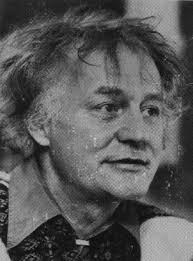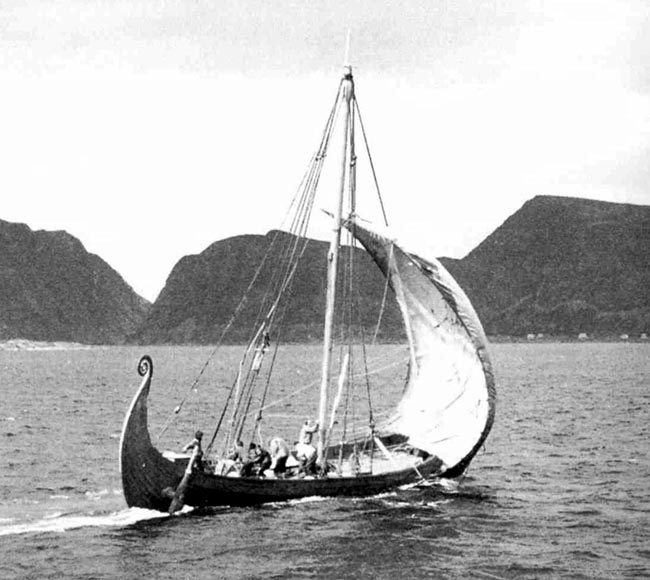
Photo Credit:
There are no legends, old or new, about the fire lily.
The fire lily does not come with a user's guide,
nor does it have a press agent.
Sometimes we must cope with things as we find them.
Copyright © 1997, 1998 by Diane Wilson. All rights reserved.
diane@firelily.comAfter the long summer of reading and writing, I go back to my job as a lecturer at Bowling Green State University. I suddenly have responsibilities and mounds of papers to grade. It is easy during this intense time of work to let my creative energies wane. I have recently been talking about this with my friend, Vicky, who is also undergoing a dearth of imagination. To keep myself connected to storytelling, I buy and read books about myths. Recently, I was reading David Leeming and Jake Page's book, Myths of the Female Divine. There I found a story about a pre-Christian goddess named Bridget. I looked Bridget up on the internet and found this article, referring to a goddess named Brigid, who appears to be the same goddess I came across in Leeming and Page's book. Another site includes intriguing information about Brigid, including: "when her beloved son was killed, Brigid invented keening, the mournful song of the bereaved Irishwoman; this story draws her close to the great mother goddesses of the eastern Mediterranean, and like them, Brigid was identified with the earth herself and with the soil's fertility." There is also a beautiful painting of the goddess on this site.
Reading about gods and goddesses fills me with inspiration. Gods and goddesses of old are close to me in nature, representing my dark and light aspects, also representing concepts that are hard to wrap my mind around. Bridget is the goddess of wisdom and of the written word. I find I need her as the semester moves past mid-point and responsibilities multiply. I do not want to lose my center out of which I create.
According to Leeming and Page:
"Bridget was the powerful Moon Goddess of Wisdom, the creator of the written word. In pre-Christian times, her priestesses kept a sacred fire burning in her honor. By this tradition, she is tied to the Greek Hearth Goddess, Hestia, and her Roman counterpart, Vesta, with her vestal virgin followers. When Christianity emerged as the dominant religion among the Celts, she was much too popular to be ignored, so she became Saint Bridget...
"Born at dawn one day long ago in a pillar of shining fire, she was the great teacher. Priestesses at her shrine, the daughters of the flame, brought word to the women of the villages about using fire to forge iron, about writing, about using the water from her sacred springs and wells to heal the sick."
Bridget truly represents the healing power of words. Just thinking about her lights a fire within me. We can never forget the importance of sharing our words with others.
Moreover, thinking about Bridget keeps creativity burning within me.
Vicky, and all who want to write, I hope this helps.











